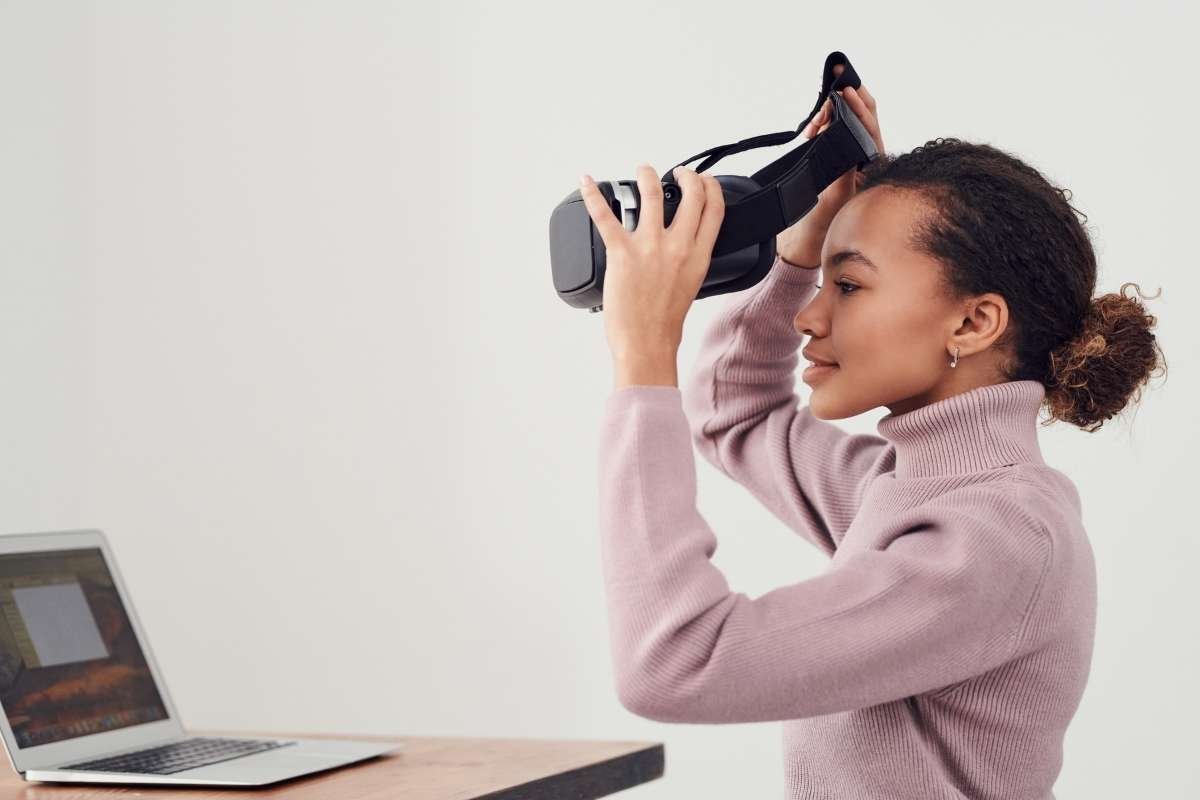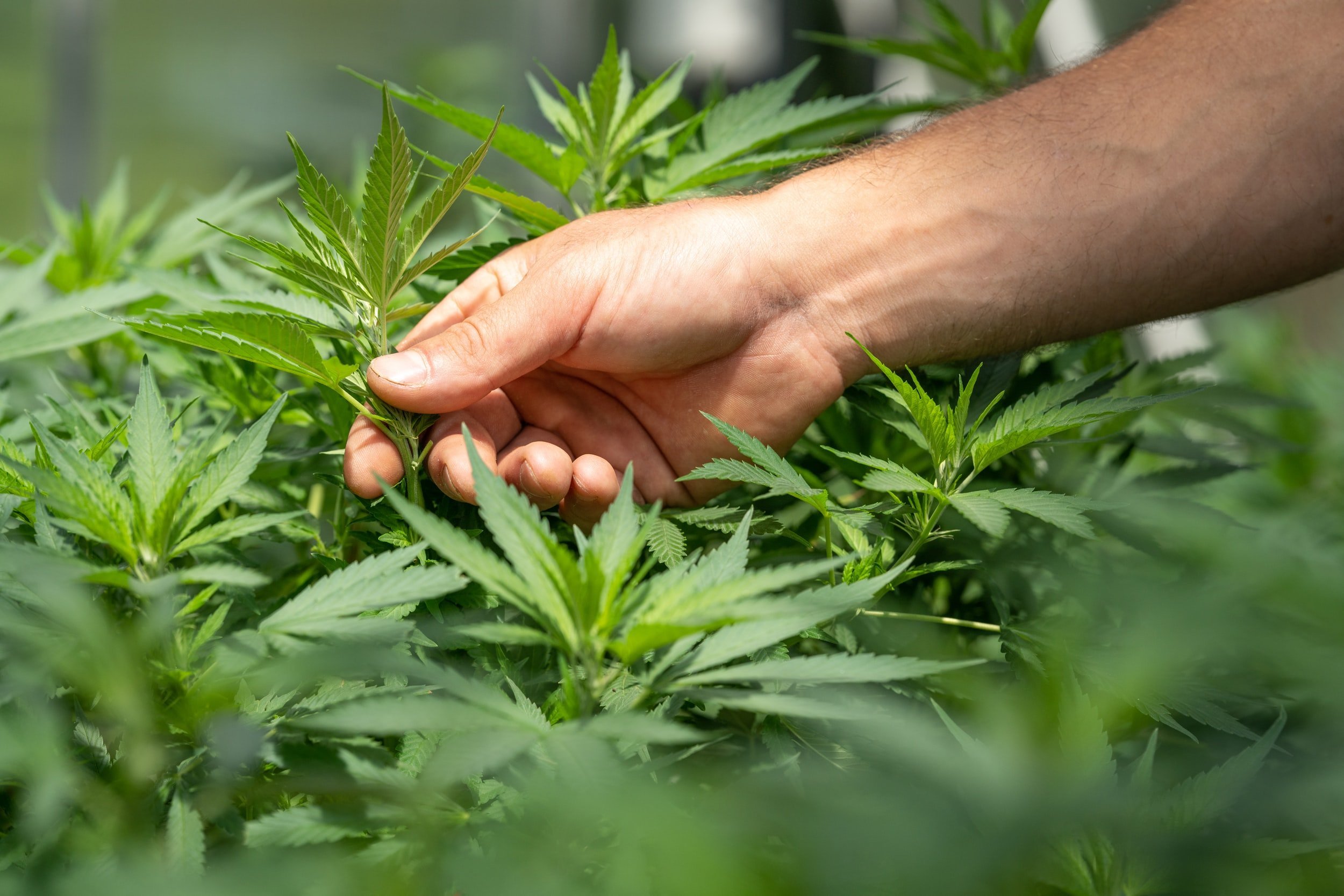Blog
For neurologists: recommendations for clinical assessment of concussion and PPCS
Neurologists are frequently the providers tasked with making a differential diagnosis for patients with concussions and those with persistent post-concussive symptoms (PPCS). Leaders of the concussion field, including Dr. John Leddy and Concussion Alliance Advisory Board Member Dr. Barry Willer, have written a review, Clinical Assessment of Concussion and Persistent Post-Concussive Symptoms for Neurologists.
Return-to-Learn educational resources available for free to educators in 10 states
To help Nebraska teachers take care of their students who sustain a concussion, the Brain Injury Alliance of Nebraska and the Nebraska Concussion Coalition have contracted for a state-wide subscription to the Get Schooled on Concussions program. According to an NPR article, “Based on a 2018 survey, 50 percent of Nebraska teachers surveyed said they don’t know how to take care of students with concussions.”
New research sheds light on neurodegenerative disease progression
In a breakthrough study led by Georg Meisl, scientists at the University of Cambridge found that targeting the local replication of harmful tau protein clusters in the brain could be a key component in finding more effective treatment methods for Alzheimer’s.
Study finds that over one third of ER patients with sports-related concussions in the last 20 years were teen female athletes
A study found a dramatic increase — more than 200% — in sports-related head injuries among female athletes ages 14-18” between 2000-2019. Moreover, the study also found that adolescent women who play soccer, basketball, cheerleading, softball, and volleyball are the most likely to be admitted to the emergency room (ER) with a concussion or traumatic brain injury.
Overparenting in concussed children associated with increased recovery times and emotional distress
Researchers found that overparenting was associated with higher anxiety and stress for patients post-concussion and had a small yet significant correlation with longer recovery times. Further, higher emotional distress levels in patients were associated with worse clinical outcomes.
Study finds association between rugby concussions and mental health issues
The study found an association between repeated concussions in rugby and having mental health issues – such as increased irritability, depression, and extreme mood changes during retirement. The study found that “professional rugby players are more likely to have mental health issues in retirement than athletes in non-contact sports.”
Sleep study for veterans with sleep issues and concussion history
The Sleepless Warriors At-Home study is recruiting veterans age 21+ who have served in the military for at least 180 days, have trouble sleeping, and have a concussion history.
Evidence Suggests that Female Veterans with Brain Trauma Require Different Recovery Methods
An article published by Stanford Medicine reports that female veterans endure a more challenging recovery after sustaining a TBI than males. Cortical thinning in male and female brains after TBI may be associated with the exhibition of unexpected behavioral trends within the female population.
Navy researcher designs shock-absorbing helmet
U.S. Navy researcher David Jesse Daily has created a prototype helmet with “increased protective capability.” As reported by TechLink, this helmet uses cavitating bubbles, which are “the formation of vapor pockets in a fluid,” to act as a shock absorber.
This new helmet design transfers the energy created on impact into the cavitation bubbles to help cushion the brain.
Virtual reality, augmented reality, and other games may provide remote cognitive rehab to patients during COVID-19
A review article published in the Frontiers of Neurology investigated the potential of virtual reality (VR), augmented reality (AR), serious games (SG’s), and telerehabilitation techniques to facilitate cognitive rehabilitation therapy. Elisa Mantovani et al. found these techniques to be highly engaging when performed at home by study participants.
Rugby Football League approves impact detection mouth guards
According to The Guardian, the Rugby Football League (RFL) has approved the use of mouthguards that could detect whether a player is at risk for a concussion. The mouthguards were trialed by the Leeds Rhinos, an English Rugby team, and will be deployed next season. The guards can measure the force of collisions experienced by players.
CBD & THC reduces neuropathic pain in mice
A study published in Neuropsychopharmacology found that CBD and THC reduces chronic neuropathic pain in mice. Neuropathic pain is pain caused by a disease of the nervous system. While chronic neuropathic pain and post-concussion symptoms are not directly linked, research on neuropathic pain provides valuable insight.
Study shows cannabis use decreases symptom severity after a concussion
In an interview with The Varsity, Dr. David Lawrence discusses a study he co-authored regarding how cannabis, alcohol, and cigarettes affect concussion symptoms and recovery. The study, published in Brain Injury, followed 307 subjects for four weeks after their concussion to track their recovery. they found that cannabis use was associated with lower symptom severity in the third and fourth week.
Concussion Alliance intern receives "Exceptional Student Award" from the WA State Public Health Association
Lori Mae Yvette Calibuso Acob, an intern in our summer 2021 Concussion Education & Advocacy Internship Program, has garnered the “Exceptional Student Award” from the Washington State Public Health Association (WSPHA).
Position and career length of soccer players impact risk of neurodegenerative disease
Two footballers in action
Study: an online cognitive rehabilitation program is effective - and it’s low cost
A clinical trial found that people with a history of mTBI and cognitive impairment, recruited from five military and VA sites, showed significant improvement in cognitive function after using BrainHQ training compared to an active control group. This online program is commercially available and low cost.
Acupuncture as a potential treatment for concussion symptoms
In recent years, there has been an increased interest in alternative medicines, such as acupuncture. This holistic approach may be used to treat many symptoms associated with concussions. While research on acupuncture as a treatment for concussion is still relatively new, there is some evidence that points to this alternative treatment option being a successful treatment.
Ways to cope with depression after a brain injury
In this post, we discuss a Headway UK article with tips to help people struggling with depression after a brain injury.
Coping with five concussions: an interview with Ian Scott
Imagine living through five concussions before you even start college. This is the reality of Ian Scott, a freshman at Carleton College, who talks about his experience in this blog post. Although he might not seem any different compared to other people, he is perpetually battling the aftermath of his five concussions.
Hormone Dysfunction After Concussion: An Interview with Dr. Tamara Wexler
In a new blog post, we interview Dr. Tamara Wexler, MD, PhD about hormonal dysfunction after concussion. Dr. Tamara Wexler is an endocrinologist who specializes in neuroendocrinology and the treatment and study of hormone dysfunction following traumatic brain injury.




















